A volunteer military system or all volunteer military system (AVMS) is a military service system that maintains the military only with applicants without compulsory conscription. A country may offer attractive pay and benefits through military recruitment to attract potential recruits. Many countries with volunteer militaries reserve the right to renew conscription in the event of an emergency. The Indian Army is the world's largest standing volunteer army.[1]
In recent decades, the trend among numerous countries has been to move from conscription to all-volunteer military forces. One significant example is in France, which has historically been the first to introduce modern conscription and whose model was followed by many other countries in Europe and elsewhere around the world.
Volunteer military
 Albania
Albania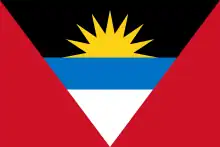 Antigua and Barbuda
Antigua and Barbuda Argentina
Argentina.svg.png.webp) Australia
Australia Bahamas
Bahamas Bahrain
Bahrain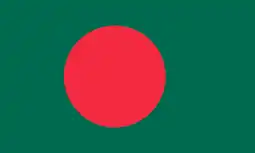 Bangladesh
Bangladesh Barbados
Barbados.svg.png.webp) Belgium
Belgium Belize
Belize Bermuda
Bermuda Bhutan
Bhutan Bosnia and Herzegovina
Bosnia and Herzegovina Botswana
Botswana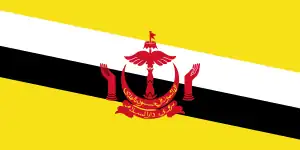 Brunei
Brunei Bulgaria
Bulgaria Burundi
Burundi Cameroon
Cameroon.svg.png.webp) Canada
Canada China (de facto, conscription not enforced)
China (de facto, conscription not enforced) Comoros
Comoros Congo
Congo Croatia
Croatia Czech Republic
Czech Republic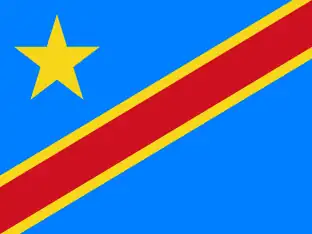 Democratic Republic of the Congo
Democratic Republic of the Congo Djibouti
Djibouti Dominican Republic
Dominican Republic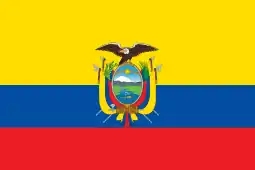 Ecuador
Ecuador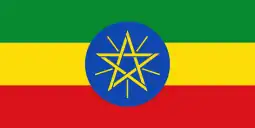 Ethiopia
Ethiopia Fiji
Fiji France
France Gabon
Gabon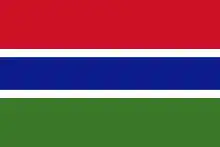 Gambia
Gambia Ghana
Ghana Germany
Germany Guyana
Guyana Honduras
Honduras Hungary
Hungary India
India Indonesia
Indonesia Iraq
Iraq Ireland
Ireland Italy
Italy Jamaica
Jamaica Japan
Japan Jordan
Jordan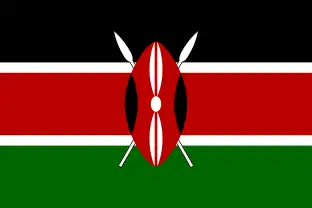 Kenya
Kenya Lebanon
Lebanon Lesotho
Lesotho Liberia
Liberia Luxembourg
Luxembourg Madagascar
Madagascar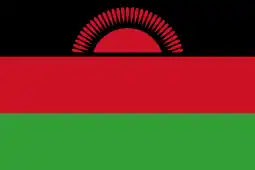 Malawi
Malawi Maldives
Maldives Malta
Malta Malaysia
Malaysia Morocco
Morocco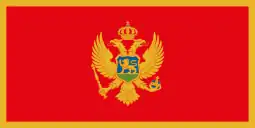 Montenegro
Montenegro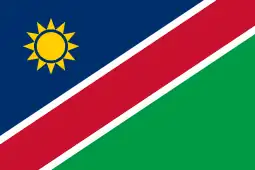 Namibia
Namibia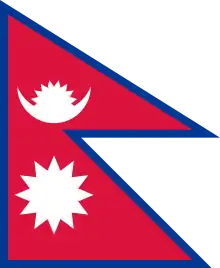 Nepal
Nepal Netherlands
Netherlands New Zealand
New Zealand Nicaragua
Nicaragua Nigeria
Nigeria North Macedonia
North Macedonia Oman
Oman Pakistan
Pakistan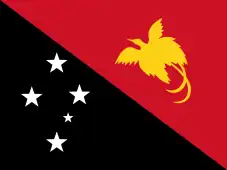 Papua New Guinea
Papua New Guinea Peru
Peru Philippines
Philippines Poland
Poland Portugal
Portugal Qatar
Qatar Romania
Romania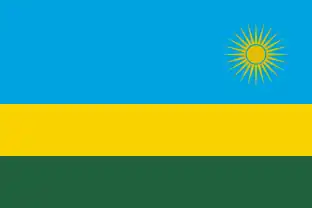 Rwanda
Rwanda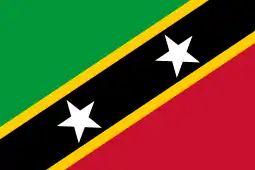 Saint Kitts and Nevis
Saint Kitts and Nevis Saudi Arabia
Saudi Arabia Serbia
Serbia Seychelles
Seychelles Sierra Leone
Sierra Leone Slovakia
Slovakia Slovenia
Slovenia South Africa
South Africa Spain
Spain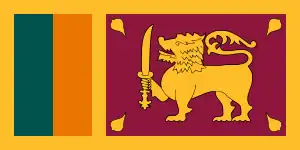 Sri Lanka
Sri Lanka Suriname
Suriname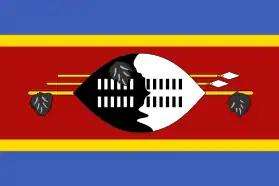 Swaziland
Swaziland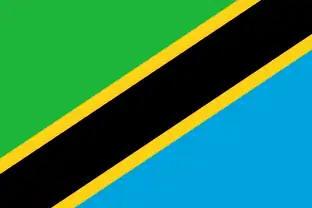 Tanzania
Tanzania Timor-Leste
Timor-Leste Tonga
Tonga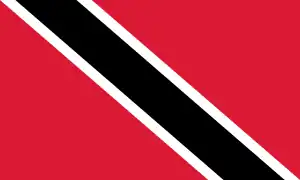 Trinidad and Tobago
Trinidad and Tobago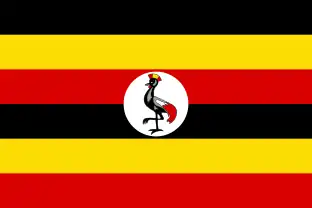 Uganda
Uganda United Kingdom
United Kingdom United States of America
United States of America Uruguay
Uruguay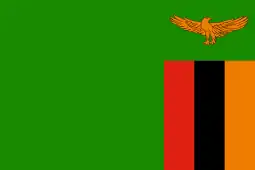 Zambia
Zambia
See also
References
- ↑ "Indian Army : Largest Volunteer Army in The World". 16 October 2014. Retrieved 10 March 2023.
Further reading
- Greenberg, Greg A.; Rosenheck, Robert A.; Desai, Rani A. (2007-04-01). "Risk of Incarceration among Male Veterans and Nonveterans". Armed Forces & Society. 33 (3): 337–350. doi:10.1177/0095327x06296585. ISSN 0095-327X. S2CID 71798403.
- Gilroy, Curtis L.; Phillips, Robert L.; Blair, John D. (1990-04-01). "The All-Volunteer Army: Fifteen Years Later". Armed Forces & Society. 16 (3): 329–350. doi:10.1177/0095327x9001600302. ISSN 0095-327X. S2CID 111290982.
- Snyder, William P. (1984-04-01). "Officer Recruitment For the All-Volunteer Force: Trends and Prospects". Armed Forces & Society. 10 (3): 401–425. doi:10.1177/0095327x8401000304. ISSN 0095-327X. S2CID 146331397.
- Bachman, Jerald G.; Blair, John D. (1975-10-01). ""Citizen Force" or "Career Force"?" (PDF). Armed Forces & Society. 2 (1): 81–96. doi:10.1177/0095327x7500200106. hdl:2027.42/67723. ISSN 0095-327X. S2CID 145111952.
- McNown, Robert F.; Udis, Bernard; Ash, Colin (1980-10-01). "Economic Analysis of the All-Volunteer Force". Armed Forces & Society. 7 (1): 113–132. doi:10.1177/0095327x8000700107. ISSN 0095-327X. S2CID 144570175.
- Janowitz, Morris; Moskos, Charles C. (1979-01-01). "Five Years of the All-Volunteer Force: 1973-1978". Armed Forces & Society. 5 (2): 171–218. doi:10.1177/0095327x7900500201. ISSN 0095-327X. S2CID 145704371.